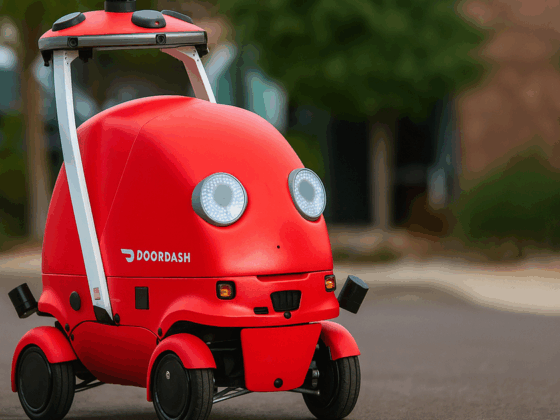
Many business leaders have expressed particular concern about large language model (LLM) hallucinations, which generate output that is factually incorrect, irrelevant or unrelated to the prompt. In perhaps the most high-profile example so far of the real-world impact of incorrect information being provided by a chatbot, Air Canada was in February 2024 ordered to pay compensation to a customer who received inaccurate information from its bot. The case highlights new potential gray areas of the law, as Air Canada argued that the bot was “a separate legal entity” and “responsible for its own actions.”
Hallucinations can be minimized through various approaches, including prompt optimization, fine-tuning and retrieval augmented generation (RAG), the latter of which optimizes LLM responses via reference to an external knowledge base (e.g., a travel company database). RAG is a particularly important concept because a customer inadvertently receiving bad information can damage hard-earned trust instantaneously. On the other hand, travel companies are sitting on troves of proprietary data about travelers’ intentions and desires, as well as information about destinations, airports, airplanes, hotel properties, car rental operations and cruise ships. Certainly, LLMs level the playing field in terms of access to powerful models for everyone big and small. But proprietary information is what can make an implementation of GenAI stand apart and create competitive advantage by enhancing the LLMs ability to answer detailed questions or provide specific services, with increased accuracy, for each company’s unique product and customer base.
Phocuswright’s full report From Buzzword to Bottom Line: Keeping Pace With Gen AI in Travel is part of the larger content series Travel Innovation and Technology Trends 2024
OpenAIs GPTs are the easiest way to experiment with RAG implementations, as they can augment the ChatGPT LLM with proprietary information through the simple pasting of text content or uploading of files. For more advanced implementations, it’s possible to call your own APIs via the GPTs Actions. For OpenAI’s guide to building a GPT, click here. Related, OpenAI also offers Assistants which work purely via API. There are plenty of other software options in the marketplace, but OpenAIs are some of the easiest to get started with.




